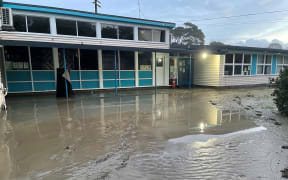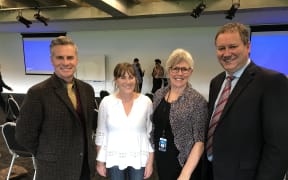A "respect and dignity" bylaw has been passed in Gisborne banning the culturally abhorrent practice of sending mortuary waste to sea.
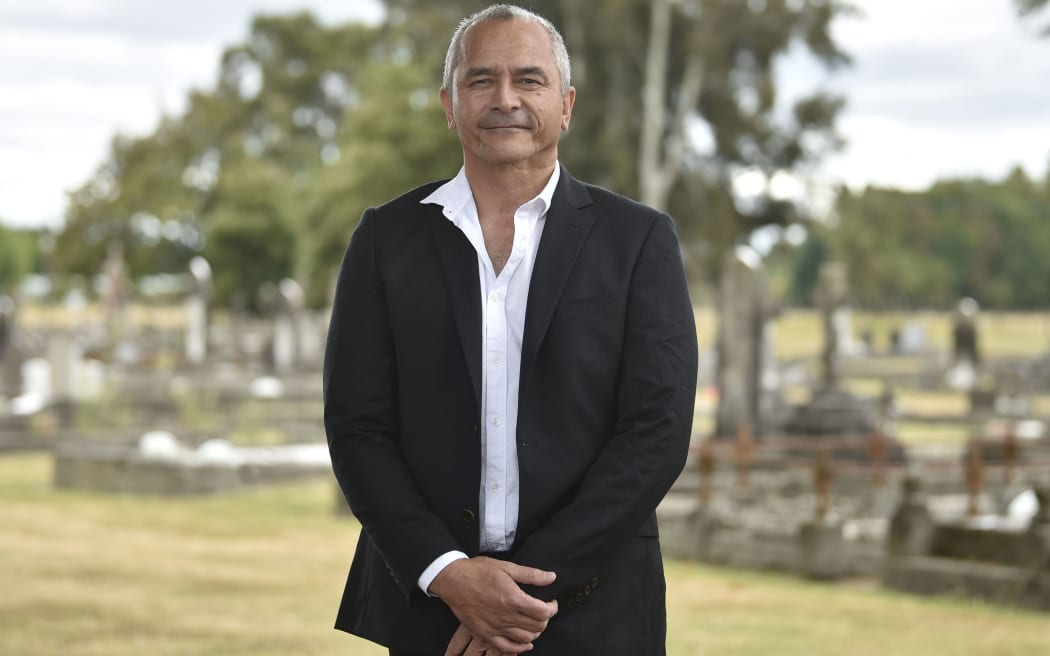
Kiwa group chairman Ian Ruru said it was a big day on Wednesday both for water reforms and Te Mana o te Wai. Photo: LDR / The Gisborne Herald / Rebecca Grunwell
Gisborne district councillors voted in favour of the Trade Waste Bylaw 2021 yesterday, moments before the government announced its sweeping three waters reform proposal.
Ian Ruru, who leads the Kiwa group set up to provide cultural advice and technical support to the district council, said it was a big day for water reforms and Te Mana o te Wai - the health and wellbeing of water.
"It's official, our respect and dignity bylaw was passed," Ruru said.
He acknowledged "the many hearts and minds" that guided them to this "nationally significant milestone".
"It's a first for New Zealand and I'm sure other regions will follow."
Tangata whenua and the wider community of Tairāwhiti have long petitioned for mortuary waste to be separated from the public wastewater system because it is deemed "culturally abhorrent" for such waste to be discharged into Tūranganui a Kiwa/Poverty Bay.
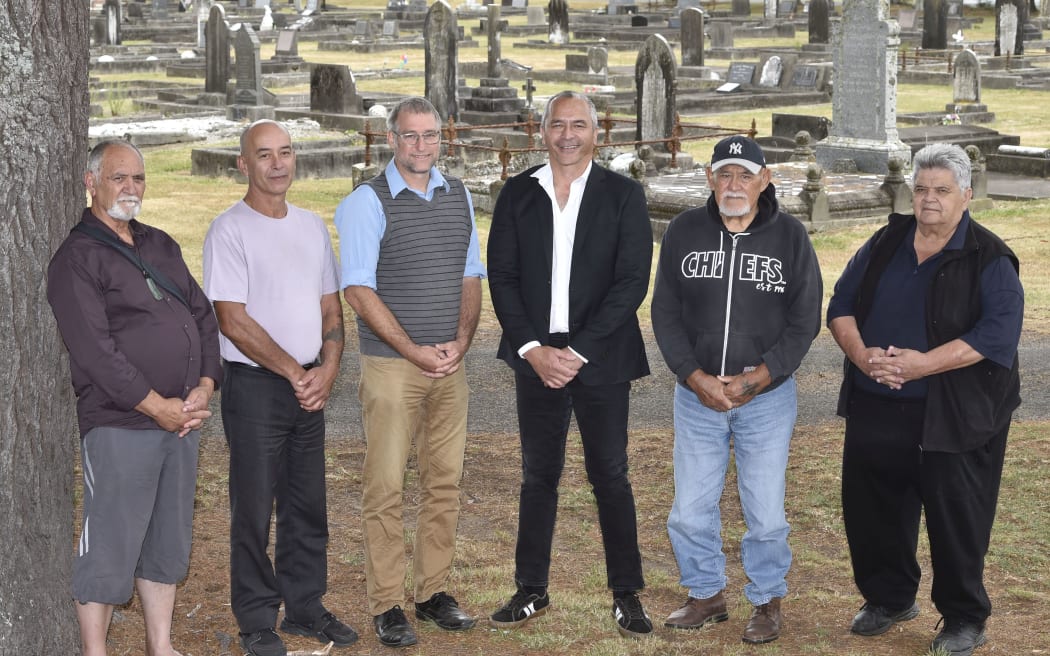
Members of the Kiwa advisory group, from left, Owen Lloyd, Samuel Lewis, council project manager Wolfgang Kanz, Ian Ruru, David Hawea and Keith Katipa. Photo: LDR / The Gisborne Herald / Rebecca Grunwell
Mortuary waste is made up of arterial blood and chemicals that mostly arise through the embalming process.
The plans are for mortuary waste from the region's funeral home to be trucked into Taruheru Cemetery and disposed of through a Wisconsin mound system.
"I acknowledge the many that have driven this kāupapa over the decades and the significance of the outcome that respects the dignity of our deceased and protects Te Mana o te Wai," Ruru said.
It comes as the government announced its proposal - to transfer drinking water, wastewater and stormwater infrastructure responsibilities from 67 councils to four large publicly owned entities.
Ruru, who is also deputy chairman of new Crown water entity Taumata Arowai, said three waters reforms were a step change for New Zealand and Māori rights and interests.
Under the government's proposal, mana whenua and local government representatives would have equal joint oversight of the four new water entities.
"While the big news out of Wellington signals huge, New Zealand-wide water reforms, Gisborne has been quietly doing its part to give effect to Te Mana o Te Wai."
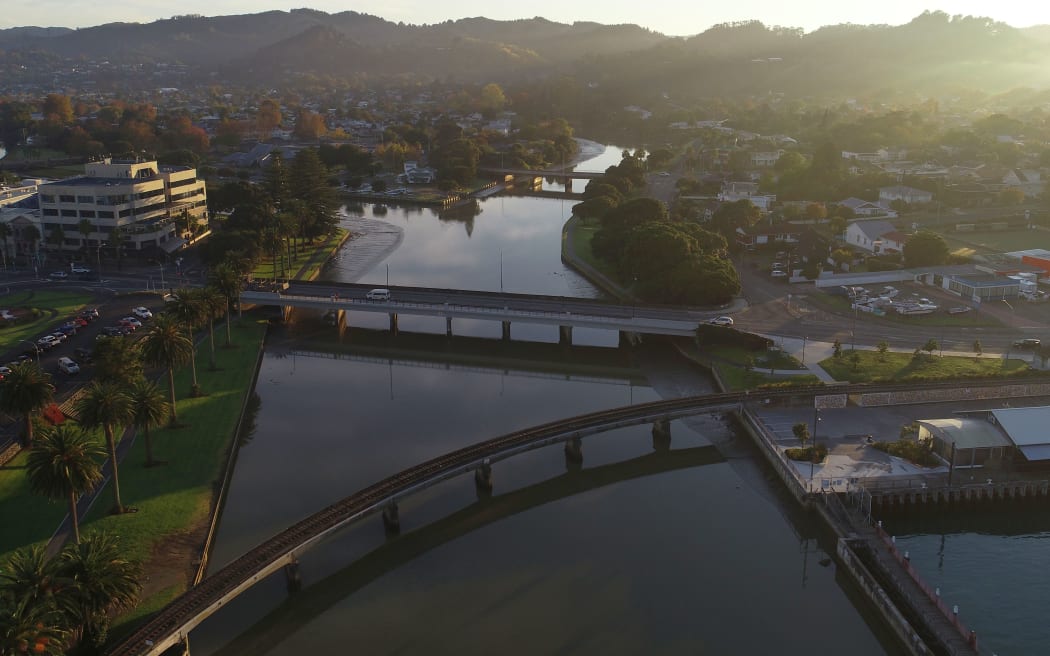
Gisborne's new Trade Waste Bylaw will prohibit mortuary waste from being discharged into the city's awa and moana. Photo: LDR / Suppled / Eamon Farrell
Cabinet papers on the three waters proposal said the new water entities would have the powers and responsibilities relating to trade waste and obligations to operate three waters services in compliance with resource consents.
Gisborne Mayor Rehette Stoltz said the council needed more detail on the water reform proposal before a decision could be made.
While the government had always maintained that councils had the choice to opt in to the proposal, Mayor Stoltz said she needed more information around "whether being part of the reform is optional".
"What the government is telling us is that if we don't opt into this reform, ratepayers in Tairawhiti will be paying up to $8690 each per year for water services, compared with $1260 if we do opt in," she said.
"We need to understand how the government arrived at these numbers, so we've got some work to do to know the rationale that was applied.
"Our water infrastructure is a priority in our 2021-31 Long Term Plan and the government figures don't take into consideration the investment we're making here."
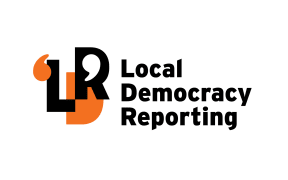
Local Democracy Reporting is a public interest news service supported by RNZ, the News Publishers' Association and NZ on Air.
